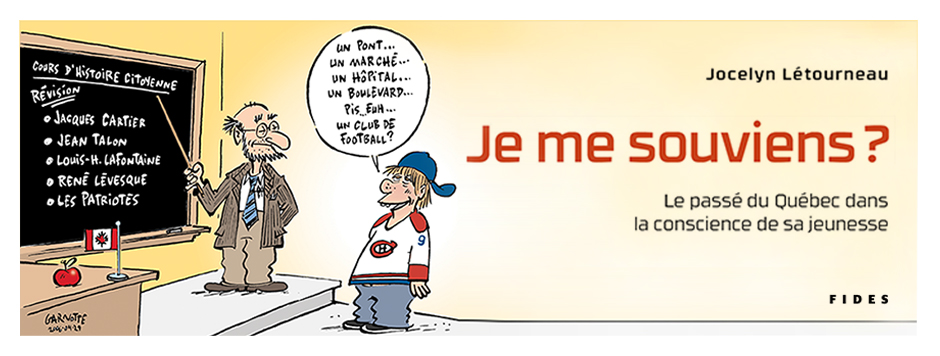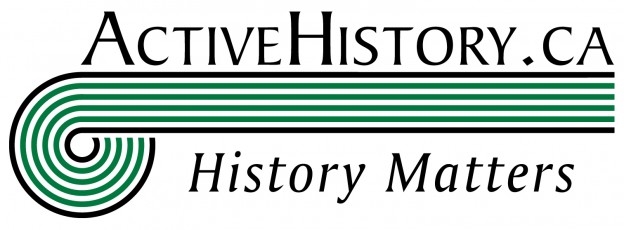
Abstract of a talk to be made at Prague on October 10th 2014, in the conference School vs. Memory? Conflict, Identity, Coexistence
The aim of the talk is to propose a pragmatic approach to teaching the past to kids in the context of a strong presence of community memories everywhere in society, assuming that kids learn history in and out of the classroom. The proposed approach comes from a study effectuated in Quebec (www.tonhistoireduquebec.ca) which consisted in gathering short narratives (N = 5000) and phrases (N = 3423) produced by students responding to two questions: 1) “Tell me the story of Quebec as you know it;” 2) “If you had to summarize in one sentence the historical experience of Quebec, what would you write personally?”
Analysing this corpus is fascinating in that it brings us to where students are in terms of their knowledge of the past. Instead of addressing the question of history teaching from the perpective of the «abstract kid», we are more in tune with how kids make sense of the world, including past worlds, in amalgamating informations from different sources.
This presentation must be seen as a contribution to explore a more practical way to come to terms with the difficultness of the historical thinking approach, a method hard to implement in the classroom due to the strong presence of memories (family and community) in and out school.
Conference program :
#conference : Start from memory to get over it. A pragmatic approach to teaching history to kids http://t.co/VbnOz1vP8w
— Jocelyn Létourneau (@JocLetourneau) 3 Août 2014
Dans: Je me souviens



